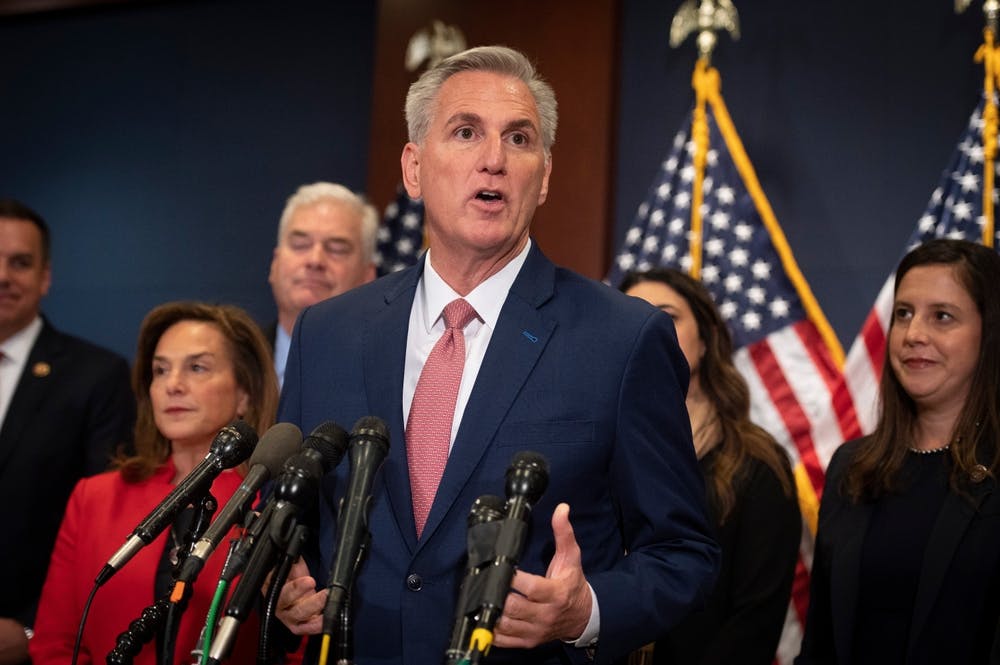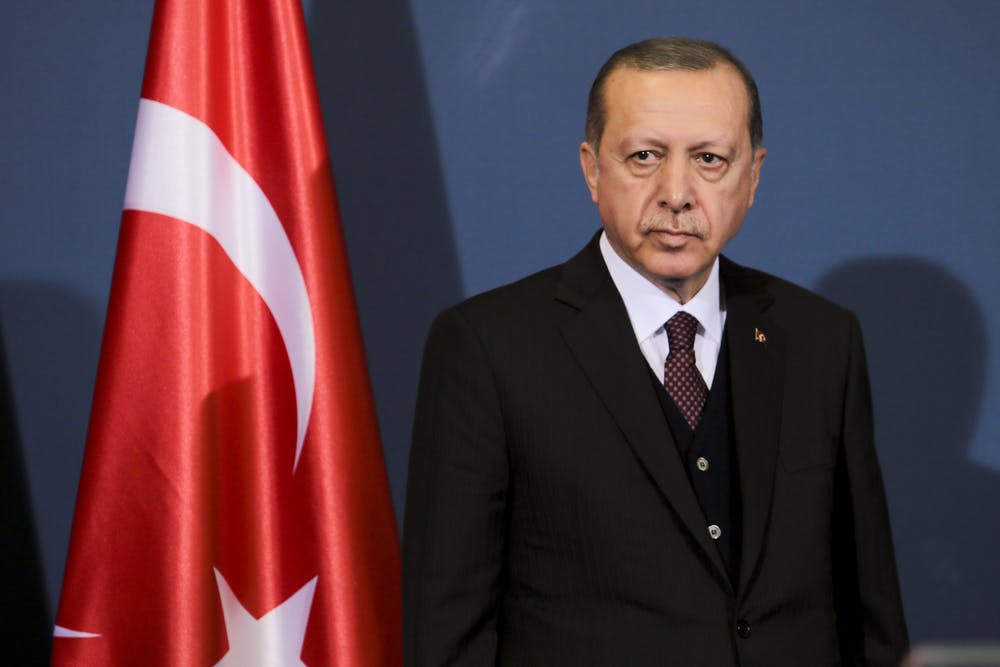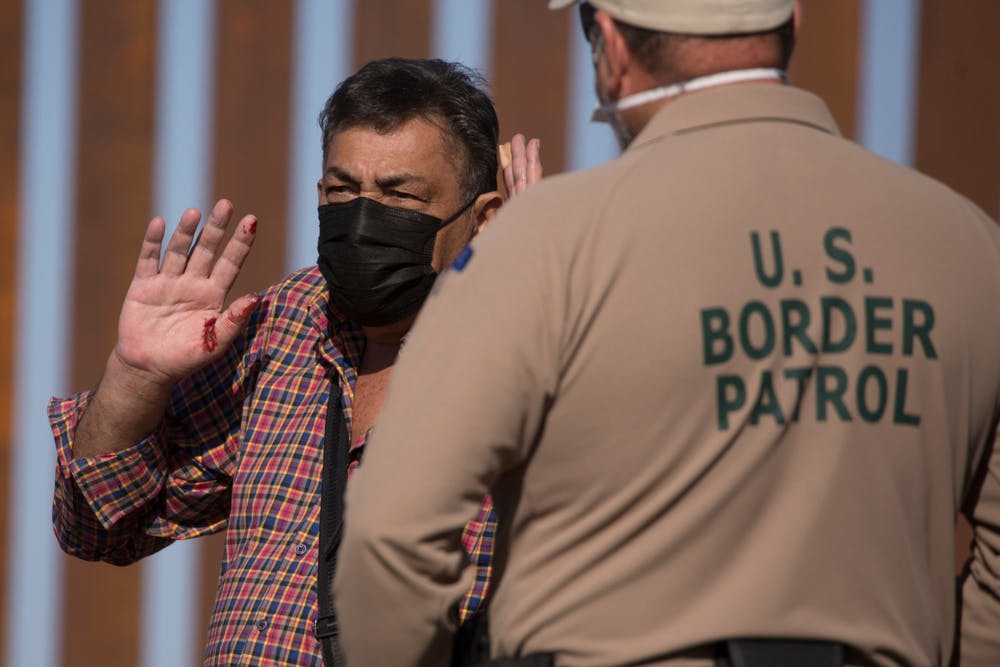A look ahead at the key events leading the news agenda next week, from the team at Foresight News. Delivered to your inbox on Fridays.
Leading the week
After Treasury Secretary Janet Yellen announced that the US could default as early as June 1 if Congress doesn’t take action to raise the debt limit before then, all eyes will be on talks between President Joe Biden and congressional leaders on Tuesday (May 9). The meeting comes amid a standoff between Biden and House Speaker Kevin McCarthy, who on April 26 managed to pass legislation in that would raise the debt limit by $1.5 trillion but came with a series of conditions attached including massive discretionary spending cuts and demands to reverse key pieces of Biden’s agenda, predictably rejected by the White House. With neither side showing signs of flinching, some are pinning hopes on a long-shot plot by House Democrats to bypass McCarthy through a so-called discharge petition that could bring a vote on a ‘clean’ debt limit resolution to the House floor. Perhaps more likely, though, is a short-term extension to the debt limit, something OMB Director Shalanda Young suggested when she appeared at a White House briefing yesterday.

Meanwhile, officials are bracing for a surge in migrant arrivals at the southern border when Title 42 restrictions expire on Thursday (May 11) in conjunction with the formal end of COVID-19 emergency declarations that day. The Administration has faced criticism for its plans to send some 1,500 troops to the border, particularly since Vice President Kamala Harris labelled a similar move by Donald Trump ‘political’ and ‘inappropriate’. One silver lining may be that the end of Title 42 has led to renewed efforts on Capitol Hill to pass comprehensive immigration reform legislation, with the House planning to vote on their package as soon as this month. And though finding a workable compromise with the Democrat-controlled Senate will be a struggle, proposals presented by Senator Bob Menendez last month could form the basis for a conversation about a bipartisan, long-term solution to an issue that has evaded Congress for over 30 years.
Looking abroad

Despite Russian allegations of an assassination attempt on President Vladimir Putin earlier this week, the Kremlin has insisted Moscow’s annual Victory Day military parade will go ahead as planned on Tuesday (May 9), though likely under heightened security. The event ostensibly marks the Soviet victory over Nazi Germany in World War II, though Russia’s invasion of Ukraine will once again dominate the narrative. It follows a dramatic week that saw fresh waves of Russian airstrikes in Ukraine while Volodymyr Zelenskyy paid surprise visits to Finland and the Netherlands, where he once again called for the establishment of a special tribunal to investigate and prosecute Russian war crimes. Tuesday’s parade also comes a day ahead of the withdrawal on Wednesday (May 10) of Wagner mercenaries from Bakhmut in Ukraine, announced by the group’s founder Yevgeny Prigozhin amid an escalating dispute over ammunition supplies.

Turkish President Recep Tayyip Erdogan is facing what many are calling his toughest election battle to date on Sunday (May 14) as voters cast their ballots in presidential and legislative elections. His main challenger is Kemal Kilicdaroglu, leader of the centre-left Republican People’s Party (CHP) representing a coalition of six opposition parties. Erdogan has faced criticism over high inflation and the high death toll from February’s twin earthquakes, partly attributed to shoddy construction practices under his watch. But after more than 20 years in power, the president still has a loyal following and will be hoping he has done enough at least to force a runoff vote on May 28.
